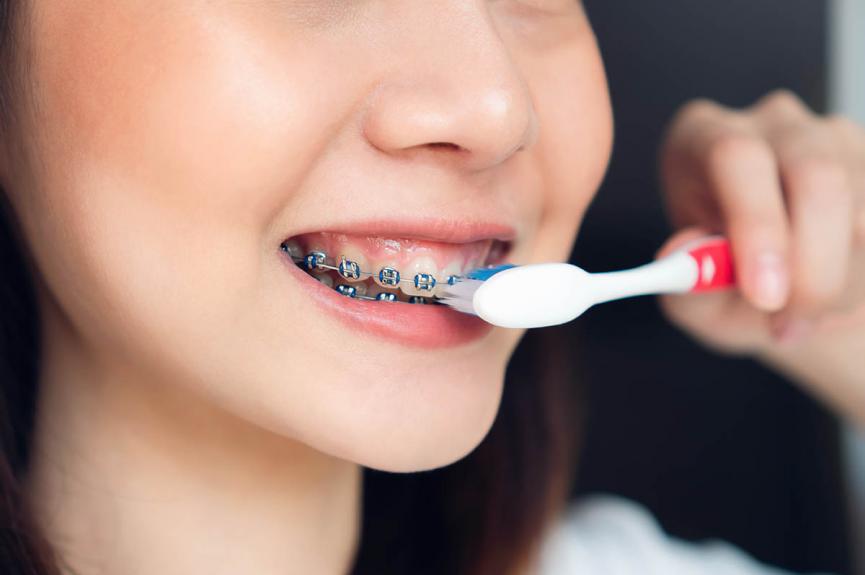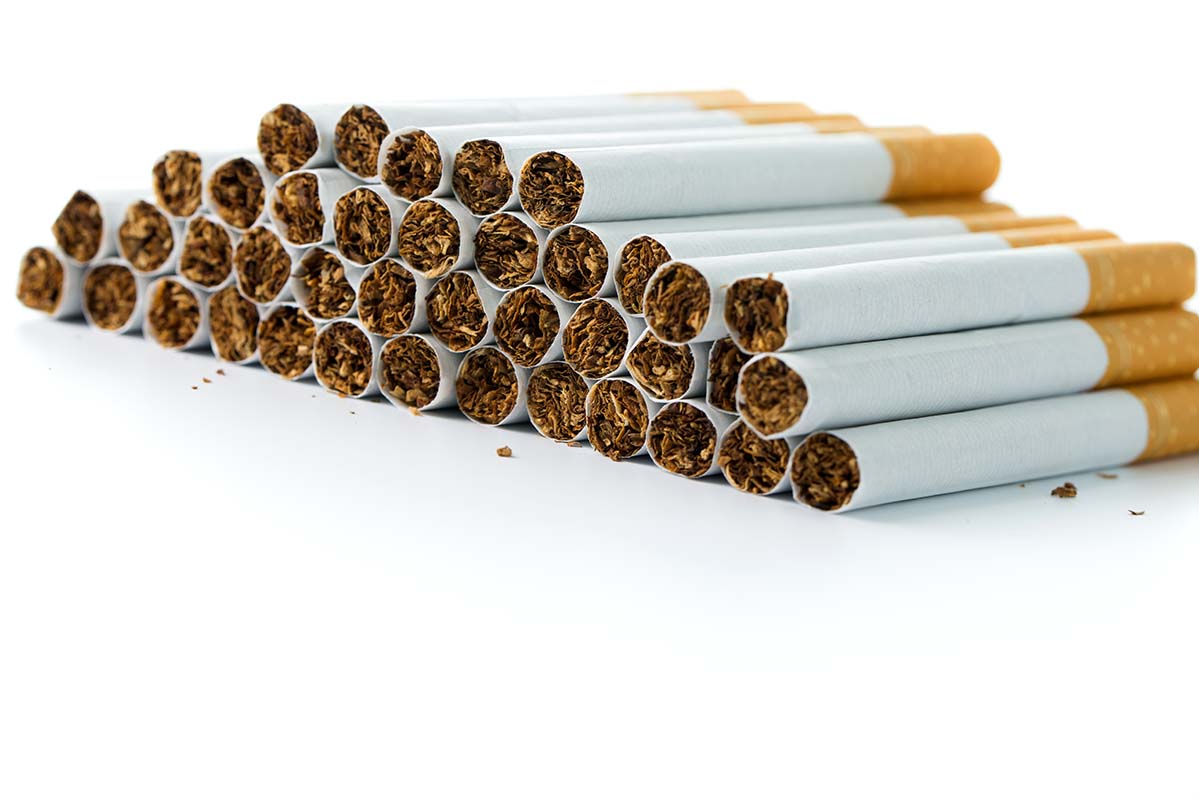
Oral health is a many-sided topic that includes the health of teeth, gums and mucous membranes, as well as the ability to taste food, smell, speak and smile with confidence, without pain or discomfort. No matter how old you are, you should take proper care of your teeth and mouth. It is essential not only for your oral health but also for your overall health.
In this article, you will learn more about oral health, how it impacts the rest of your body, why you must maintain good oral hygiene as well as how to improve your oral health care. Keep reading!
What is good oral health?
In general, good oral health means that you are free from oral health issues and diseases such as chronic pain in the mouth, oral cavity sores, gum disease, periodontal disease, decayed or missing teeth as well as other conditions that affect your mouth and oral cavity.
Adults with good overall health should have 32 permanent teeth and children - 20 primary teeth 1.
Why it is important to have good oral health?
Here are some of the reasons why it is important to keep your oral cavity healthy.
- Your dental health affects the rest of you.
- It protects you against tooth loss.
- It helps detect and treat oral diseases earlier.
- Good oral care is crucial for your healthy smile therefore for your self-esteem 2.
How oral health affects the rest of you?
A healthy mouth and teeth are vital for the general health of the body 3. If you have problems with the oral cavity or gums, solving them can have a positive effect on your overall health.
The oral cavity of healthy people contains hundreds of different bacteria. Although most of them are not dangerous for you 4, they can become pathogenic. It usually happens when you have poor oral hygiene or consume too much sugary food and drinks. Bacteria in the mouth can begin to grow into adjacent areas of the body and form resistant colonies. In addition, it may contribute to many diseases such as heart disease, diabetes, stroke, pneumonia and so on.
Gingivitis and periodontitis are some of the most common gum diseases. Periodontitis or gum infection is a chronic disease that affects the whole body. It is associated with cardiovascular disease, diabetes, osteoporosis, respiratory disease, cancer and other medical conditions. However, the mechanism of how periodontitis affects other organs and systems in the body is not entirely clear.
How food and drinks affect oral health?

What you eat and drink can definitely affect your oral health and your overall health both positively or negatively. As we said, bacteria live in all of our mouths. When we eat sugar or cooked starch, that bacteria interact with food particles turning into acid. This acid dissolves the tooth and cause a cavity. Soft drinks and soda have the same impact on the teeth.
On the other hand, eating healthy food can improve your body's ability to fight bacteria and inflammation which also helps to protect your teeth and gums. Some of the foods that can be beneficial for your teeth are vegetables, fruits, nuts and so on.
How smoking affects oral health?

As you can guess smoking does not affect your oral health in a positive way. It contributes to the formation of plaque and discolouration on the teeth and tongue, which leads to the appearance of bad breath. Moreover, tobacco use make your teeth more susceptible to infections, gum disease, tooth decay and even some more serious diseases 5. This is because the nicotine that cigarettes contain has the ability to lower your immune system and reduce white blood cells count. Your white blood cell is actually what protects your teeth from infection and fights off bacteria and plaque.
The importance of good oral hygiene
Good oral hygiene means caring for your mouth by brushing and flossing your teeth every day as well as having teeth cleanings by a dental professional every six months. Those routine cleanings are extremely important for your dental health. Having good oral hygiene ensures healthy teeth and a healthy smile, while poor oral hygiene can lead to a number of issues and conditions.
Bad oral hygiene usually leads to the accumulation of bacteria, plaque and tartar on teeth. Subsequently, when you are eating and not cleaning your teeth properly, bacteria interact with the remaining food particles and release acids. This acid leads to the wearing of tooth enamel, contributing to the formation of tooth decay, gum disease, periodontal disease and in some severe cases to tooth loss or bone loss.
How to improve oral health?
- Limit sugary foods and avoid soft drinks. You can maintain good oral health by limiting sugar, acids and soda. Try to eat healthier food such as fruits, vegetables and nuts and drink plenty of water.
- Quit smoking. If you tend to smoke you really need to try to quit this bad habit. Cigarettes are bad not only for your teeth and mouth but also for your overall body. They can lead to many dental problems and serious health conditions.
- Avoid drinking alcohol. Alcoholic drinks lead to dehydration and dry mouth. Moreover, consuming too much alcohol can result in oral diseases such as cavity or tooth erosion.
- Brush and floss your teeth two times a day. This will keep you away from plaque buildup and further oral diseases.
- Don’t skip your regular checkups at the dentist. Make sure you see a dental specialist at least two times a year. This way the health of your teeth and gums will be monitored and you will receive early dental treatment (if needed). Routine examination and preventive care are just as essential for a healthy smile as daily brushing and flossing.
- Visit an oral health therapist for professional cleaning. It is advised to get your teeth cleaned every six months to remove plaque buildup and prevent future tooth cavity and gum diseases.
How to clean your mouth properly?
Brush your teeth with fluoride toothpaste for at least 3 minutes. Dental floss is also an integral part of oral hygiene because it clean hard-to-reach surfaces that cannot be achieved with an ordinary brush. It is believed that with regular brushing and flossing you can reduce plaque by up to 50%, which is a very good result.
The use of a hard toothbrush is usually not recommended especially if you have inflamed or bleeding gums. It is better to brush your teeth with soft brushes with more fibres that do not irritate the gums. You should brush your teeth in circular movements close to the gums, brushing outwards (towards the cutting edge of the tooth). Do not forget to clean your tongue as well. The accumulated plaque on it is a prerequisite for the development of 60-70% of microorganisms in the mouth. Therefore, it should be scraped and cleaned daily until it turns pale pink.
What is an oral health therapist?

An oral health therapist is a clinician who has qualifications in dental hygiene and dental therapy. The oral therapist can provide full examinations, diagnoses of dental diseases and treatments to all children and adolescents age from 0 to 18. They are able to treat tooth decay, perform tooth extractions, some pulp therapies and also give a referral to a dental specialist where needed. The dental therapist has a specific set of skills that help them manage little kids. They have been trained on how to manage anxious kids in the dental setting and help them get really positive dental experience.
For adults, the oral therapists provide treatment and management of gum disease, periodontal disease as well as other preventative dental care services such as x-rays, fluoride treatments, teeth whitening, dental cleanings and so on. In addition, the therapists provide oral health education to teach patients how to brush and floss their teeth and look after them at home.
If you want to maintain excellent oral health it is best to visit the oral therapist every six months.
In conclusion
Many people believe that they know how to maintain good oral health and clean their teeth properly. Yes, teeth brushing is not a complicated procedure, it is just a daily hygiene ritual that has been acquainted from early childhood. However, this is often a misconception. Why? First of all, the way we should care for our teeth has changed. It is not enough just to brush your teeth. In order to improve your dental health, you also need regular professional cleanings at the dental office. Secondly, the majority of people do not spend enough time cleaning the oral cavity.
Due to ignorance or negligence, they miss important moments and thus increase the risk of developing dental disease. After all, regular teeth brushing allows us to destroy up to 50% of plaque and improve the condition of the gums. Thirdly, many people tend to treat the oral cavity as a less important part of the body. They often decide that they are too tired and will go to bed without brushing their teeth. Yes, it is not a big deal if it happens once or twice. However, if you often skip it then you are more likely to have dental issues.







